The beginning of the journey
Our story begins on Friday the 19th at 4:15am from Helsinki-Vantaa Airport. I boarded my flight to Sofia, Bulgaria with three other Finns: Ronja Holopainen who, like me, was a contestant, and Tuula Pihlajamaa and Merikki Lappi who joined as supervisors. Once we arrived, we were greeted by the dozens of volunteers who worked to make the contest possible.
Our hotel was brilliant: the rooms were of high quality, the hotel’s breakfast and dinner were delicious, and the contest site was just a five-minute walk away. As a Finn, I appreciated the fact that the hotel had a sauna. The weather was warm and sunny for the whole week of our residence, just optimal for walks and sightseeing.
The opening ceremony and the first jury session took place on the day following our arrival. The opening ceremony consisted of general information concerning the contest, as well as praise-filled speeches given by people such as Karina Angelieva, the Bulgarian deputy minister of science and education. All of the speeches had the same theme: the importance of science and young bright minds for our future.
Jury sessions
The EUCYS contest itself consists of five three-hour-long jury sessions. An international jury of professionals of different fields had read through our works beforehand, and they now had the opportunity to ask questions on our projects. The one-on-one interviews assist the jury’s decision on the winners of the contest.
The projects are divided into ten categories: biology, chemistry, computing, engineering, environment, materials, mathematics, medicine, physics, and social sciences. My project was on mathematics, more precisely number theory, titled “On the Common Prime Divisors of Polynomials”. Ronja’s work “EcoMe: a reusable, ecological and affordable menstrual hygiene product for developing regions” took part in the materials category. In total, a hundred projects from 39 countries were present, including non-European countries like South Korea, Tunisia, the US and Canada.
Since we had lots of free time between the interviews, we got to network with other contestants and hear about their projects. It seemed to me that what I had done was very easy in comparison to what others had done, and I surely wasn’t alone with this feeling, but I learned a lot nonetheless. I enjoyed talking about my project both to students and the members of the jury, which seemed genuinely interested in what I had worked on.
Additional events
After the couple of days of intensive judging, we were offered lighter activities. We attended a panel discussion of scientists working in different fields. In the Q&A session I asked them whether they think they are exceptionally good at what they do or not, and in general about their opinions on natural talent. It was relieving to hear that even professionals occasionally think others are making better science than they are themselves.
The award ceremony was held at the Bulgaria Hall. In addition to the numerous congratulating speeches, we were entertained by cultural performances, including beautiful singing by a child choir. For the prizes itself, this year was fantastic for Finland – Ronja was granted a study trip to biobased industry facilities in Belgium and France, and I received a second prize and the right to attend the London International Youth Science Forum 2020. New opportunities to learn and connect!
In addition to the sightseeing us Finns had done by ourselves, we had a guided tour through the city focusing on the history of Bulgaria and Sofia. Some highlights of the walk were visiting the beautiful Alexander Nevsky Cathedral, which we got to see from the inside, and our guide’s stories about the history of the University of Sofia while he led us around the facilities.
The day culminated in the farewell banquet at Grand Hotel Sofia. We had a great time enjoying the once again delicious food, congratulating each other for their awards and sharing contacts. As the day was also the Day of Sofia, there was an audio-visual performance at a nearby theatre which we attended before returning to our hotel.
On the departure day we had plenty of time before travelling to the airport. We used our time to spend yet a bit more time in the city centre and enjoying local food. Everything worked out perfectly until on our way home we missed our connecting flight from Frankfurt to Helsinki. However, we managed to get to a nearby hotel for the night and caught our flight the following morning – all safe and sound.
As the organisers repeatedly reminded us, even though EUCYS is a contest, the real prize is having the opportunity to participate. The trip was indeed a fantastic experience – meeting people with similar interests, seeing a hundred projects, sharing contacts, enjoying the food and learning about the culture and history of Bulgaria. You couldn’t ask for more!
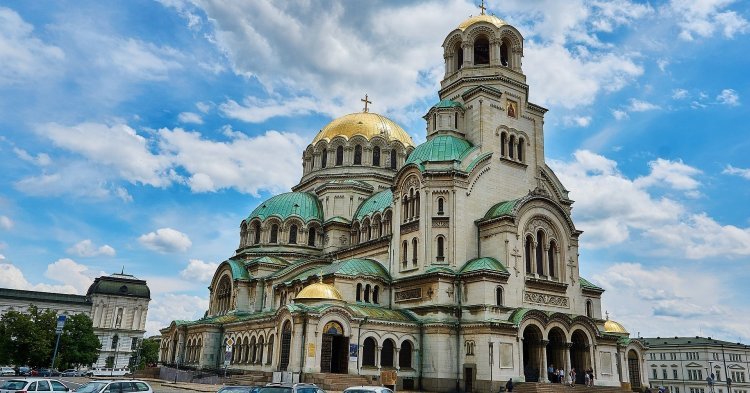
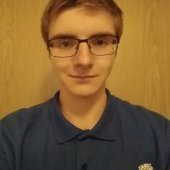
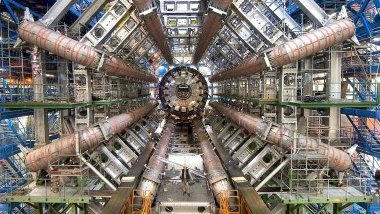
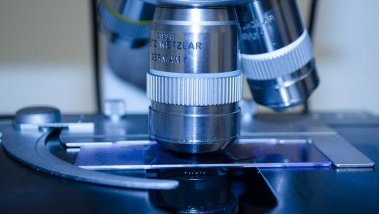
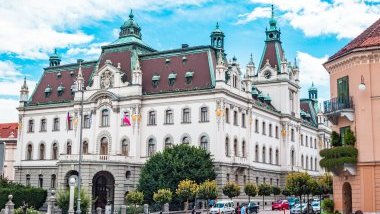
Follow the comments: |
|
